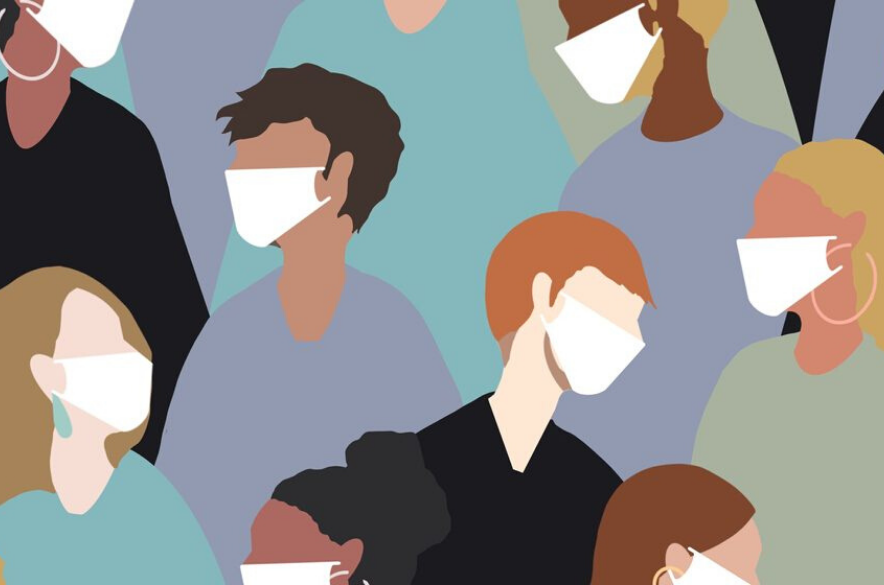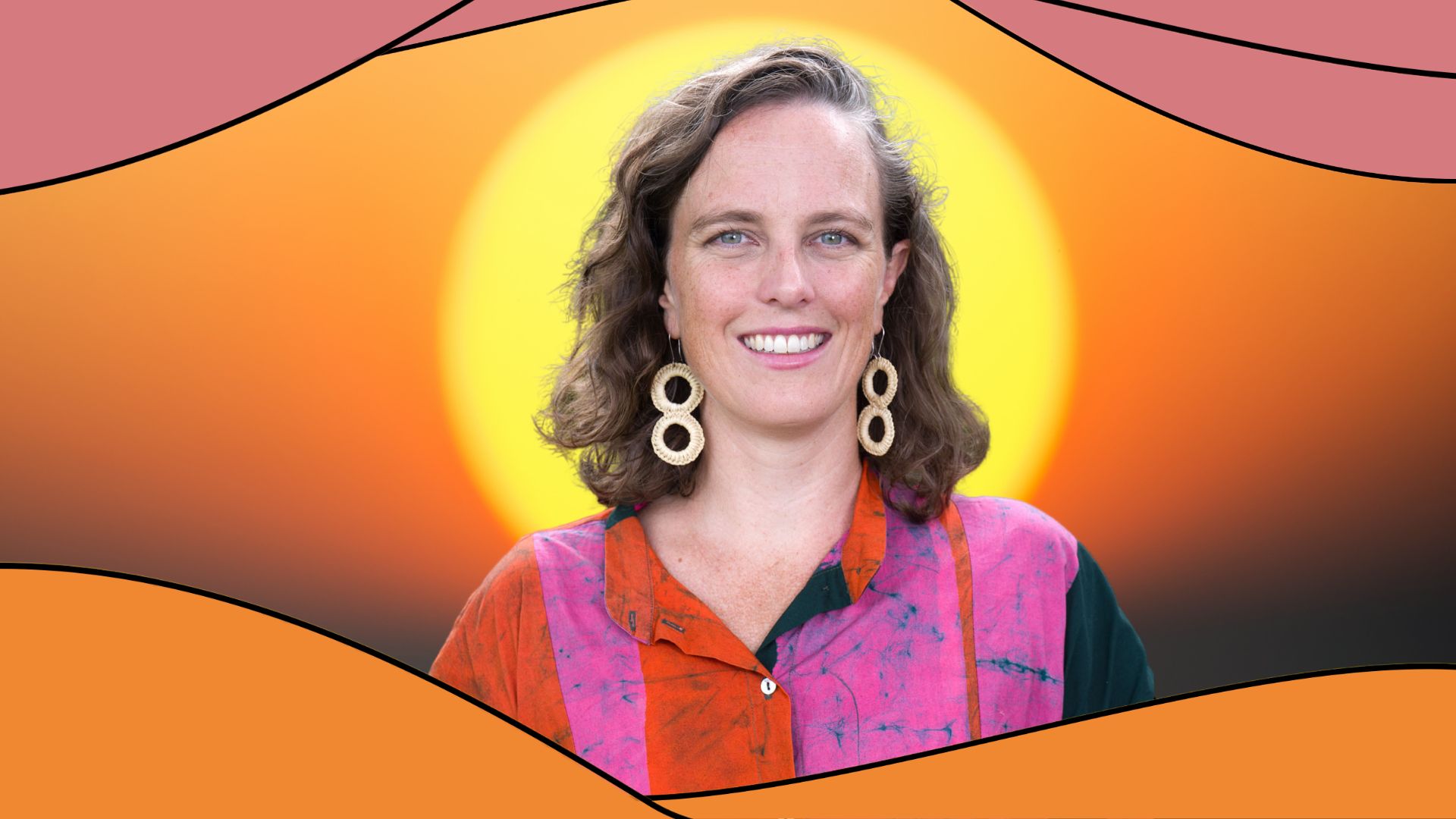21 March was the day many social distancing rules were imposed and “non-essential” services began to shut down across the country. It really wasn’t that long ago but, for many social entrepreneurs in Australia, these past few months have seemed like a lifetime. Many of us have been forced to adapt to the pandemic by completely re-thinking our operations. We’ve changed business models, taken on new customers and segments, made changes to our product and service offerings, turned to alternate funding streams, and begun collaborating with new organisations and individuals.
Perhaps since the 2008 global financial crisis, now is the first, if not the biggest, period of transition for many social enterprise founders and workers. Just like Australian social enterprises are unique and varied, so too have been their responses to Covid-19.
New Skills and Shifted Priorities
The Social Outfit is a well-known fashion label with a mission. They provide fashion industry training and employment for people in migrant and refugee communities. As a retail business relying heavily on trade at their brick-and-mortar locations and community events, The Social Outfit took a hit after social distancing measures were put in place.
Benefitting from some of the collaborative pro bono efforts provided by Social Impact Hub, Social Traders, and Westpac Foundation, The Social Outfit was one of the first to sign up to receive support from a digital strategist who’s helping to plan the organisation’s e-commerce strategy. Through this partnership, new skills are being shared and The Social Outfit are looking to reposition itself and fulfil its mission through new ways – like buy-one-give-one face masks.
Another organisation working with Westpac Foundation is The Bread & Butter Project. As a social enterprise bakery, as the hospitality and retail sector saw diminished opportunities for sales, the organisation was significantly impacted. When 100% of profits go towards individuals seeking asylum and refuge, this meant a their financial sustainability and social impact was significantly compromised by the pandemic.
Thanks to support from Westpac Foundation, however, The Bread & Butter Project has been able to ramp up sales in creative ways. They’ve looked to new retail outlets and have found new stockists in Woolworths Metro and Harris Farm supermarkets. Thanks to refreshed priorities, the enterprise has been able to keep their ovens on and continue planning for the future.
Unexpected Successes
Some social enterprises have actually benefited from the coronavirus pandemic, and in ways they didn’t anticipate. Telehealth social enterprise startup Umbo has been surprised to already have noticed a 5800% uptick in demand. Providing training courses and allowing clinicians to connect, even while operating remotely, the Umbo services have proven essential during this period.
Umbo founder Weh Yeoh has modeled the enterprise around empathy and compassion and has supplemented usual services with free resources for children who are at home and with busy working parents. Their approach to therapy has been nothing short of revolutionary and it appears qualities like empathy and compassion will not only contribute to Umbo’s success going forward – but, according to the founder himself, are also qualities that global leaders are now recognising the value of.
While they’ve had to adapt to the changes brought on by COVID-19, another social enterprise experiencing success is the Central Coast’s Key2 Realty. The property management company first opened its doors just 12 months ago but amidst a global crisis has seen tremendous growth by remotely working with landlords and tenants.
The property management company now has more than 130 properties on its book, better allowing them to continue supporting their mission. The achievements they’ve made over the past few months will go towards education scholarships and other programs aimed at supporting vulnerable community members.
Adapted Offerings and Collaborative Changes
Post COVID entrepreneurship opportunities and challenges come in all shapes and sizes. From new products like ready-made meals for Aboriginal and Torres Strait Islander communities to an online version of The Big Issue, the magazine that supports those experiencing disadvantage and homelessness, social entrepreneurs are quickly and innovatively adapting to change. Many organisations have had to entirely reimagine their social enterprise business model – and they’re doing a good job of it.
Some organisations have found new opportunities during these times; like Moove & Groove, a social enterprise that is offering silent discos, yoga classes, and podcasts for residents of aged care homes. Coordinating online festivals, a Melbourne social enterprise has been providing virtual opportunities for out of work musicians.
Another Melbourne social enterprise, Sibling has transformed its cafe space into a warehouse. Providing food in a new way, the newly-developed online store allows people to buy gifts, pantry staples, groceries, and even meals for those in need.
While it’s too early to fully understand the severity of this crisis and its long-term implications, many social enterprises are bravely adapting existing plans to handle the outbreak, while others are starting from scratch. Some have been forced to repurpose their existing models, while others are coming up with fresh ideas and feasible solutions.
If there’s one common thread that can be taken away from these stories of responses to COVID-19 it’s this: collaboration is key. Whether you’re enhancing your team’s collaboration in new virtual ways, forming new funding partnerships, or simply asking for help as you navigate a need for new skills – we all play a big role in helping each other out.
If you’re in need of help during these unprecedented times, whether it’s securing critical funding, building new skills, or getting pro-bono support, consider becoming a Social Change Central Member. Every fortnight we collate the very best opportunities for Australian social enterprises across the country and the world. Become a Member here and get unlimited access to the 50+ opportunities we list every week. It’s only $50 for the whole year (less than $1/week)!



